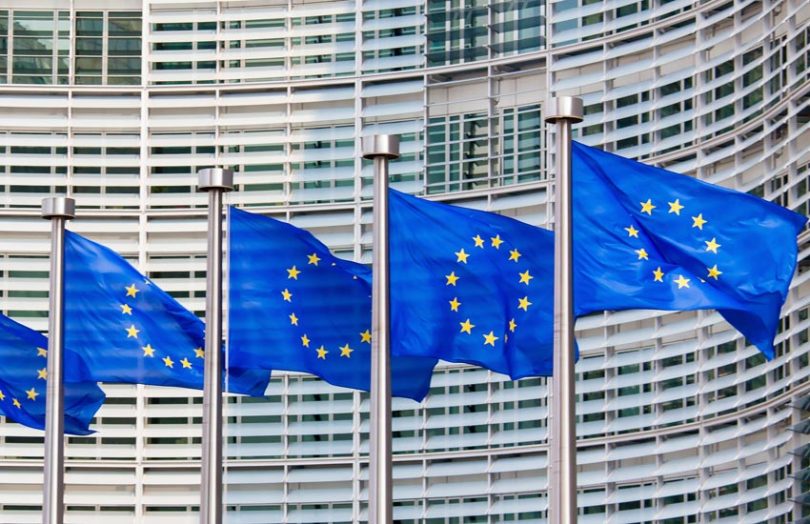In 2018 European Union (EU) member states created a partnership to develop blockchain-based public services, the European Blockchain Services Infrastructure (EBSI). With 40 pilot nodes across the EU and multiple use cases developed, the European Commission decided to create a new legal entity to house the network, the European EDIC.
The concept of a European Digital Infrastructure Consortium (EDIC) is designed to simplify the creation of multi-country projects and their ability to share costs and governance. In the case of Europeum, there will be ten initial members. Belgium is the host country with Croatia, Cyprus, Greece, Italy, Luxembourg, Portugal, Romania and Slovenia as members, and Poland has asked to join. Other EU states are expected to follow.
Verifiable Credentials as initial use cases
To date pilot EBSI applications have focused on verifiable credentials for documents, products and legal entities. A surprising number of people fraudulently claim to have qualifications. Hence, one solution is to provide verifiable credentials for diplomas and other qualifications. By using verifiable credentials for products, buyers can ensure they’re not paying for fakes or knockoffs. And as integrated as the EU has become, the EU currently lacks a uniform way to verify companies and organizations across borders.
Apart from use cases, EBSI is also home to the European Blockchain Sandbox, allowing the developers of corporate solutions and public sector projects to open a dialogue with regulators.
With the decision to launch the new Europeum legal entity, the EBSI network moves one step close to entering production.






